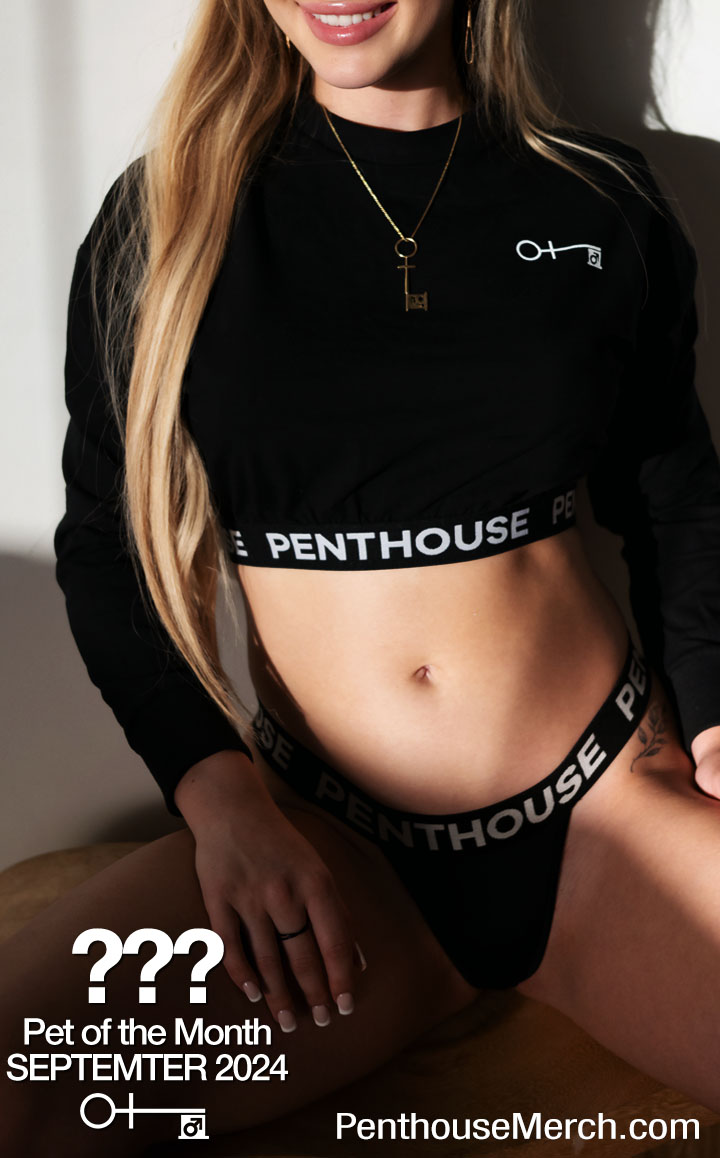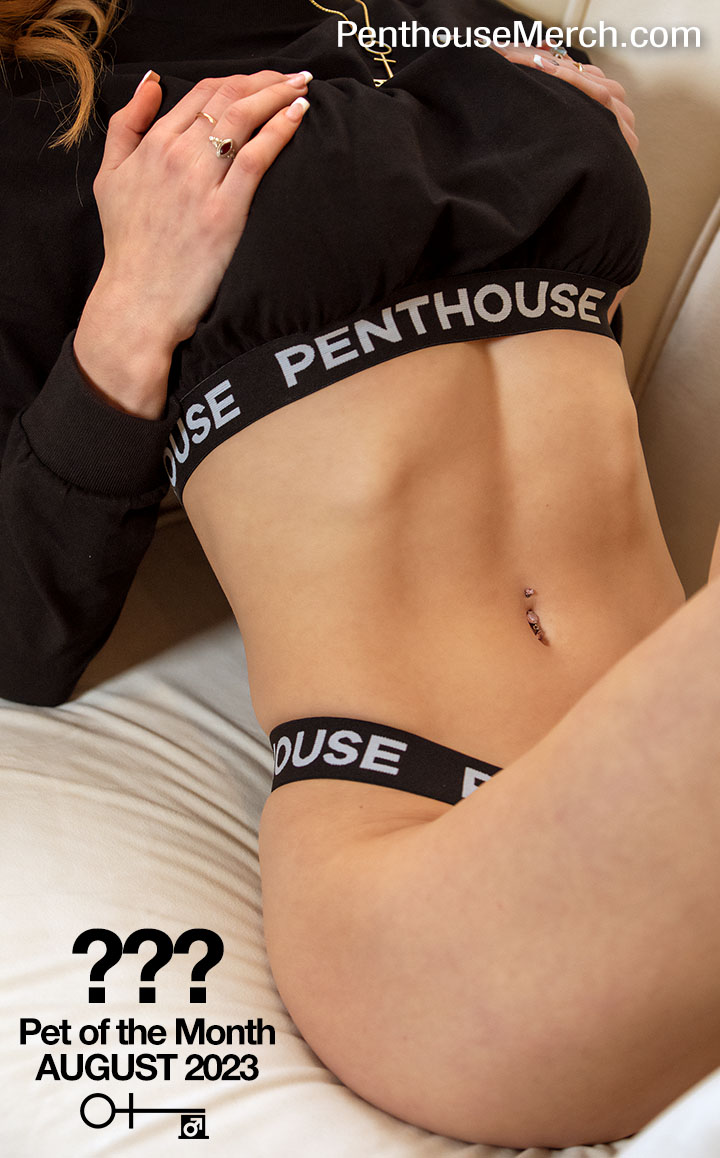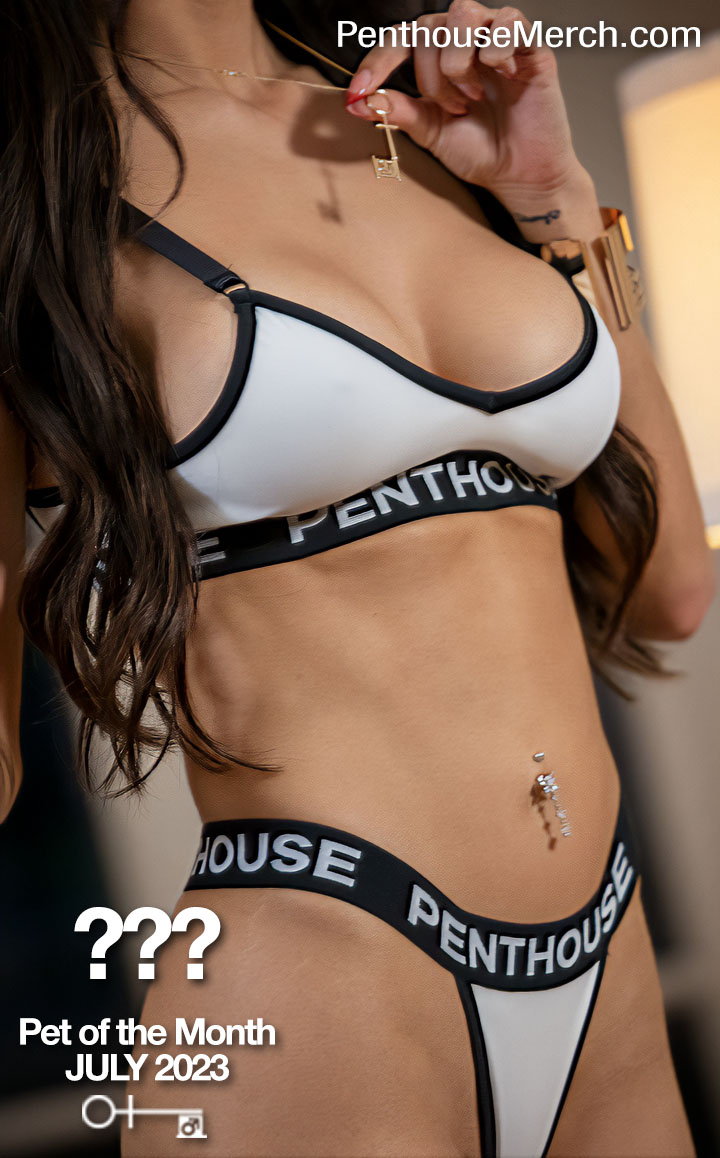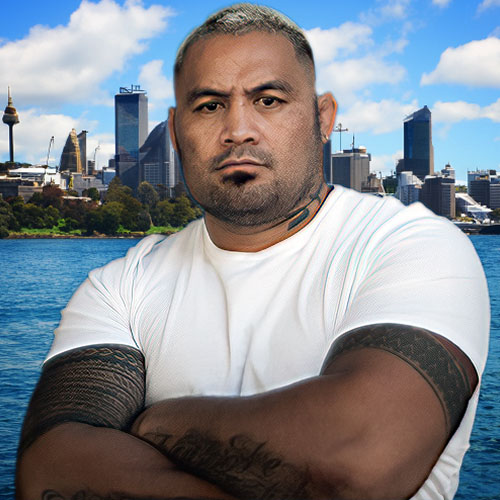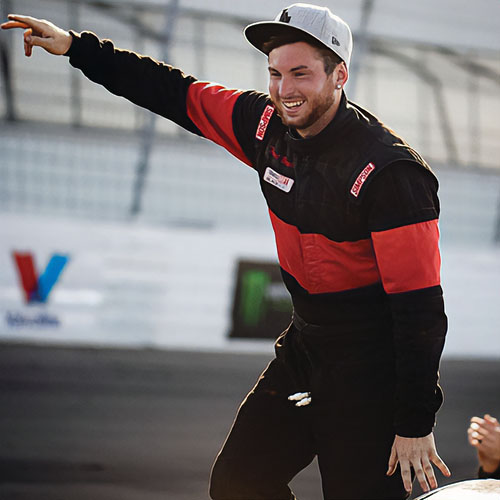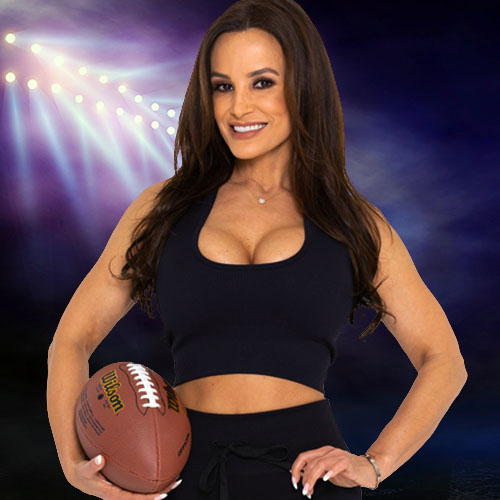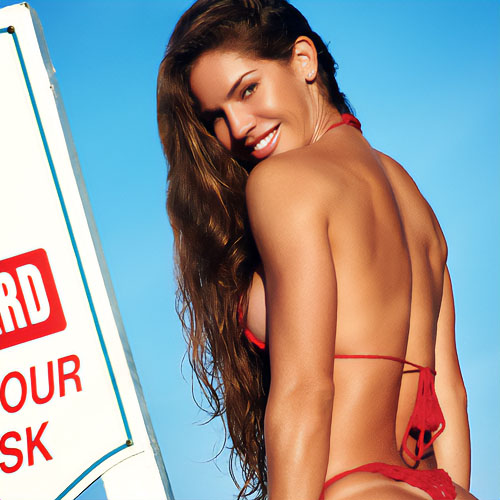Lee’s good looks, shredded body and outstanding ability have all contributed to his formidable reputation.
Kevin ‘The Mowtown Phenom’ Lee
UFC’s Kevin Lee is a beast! So, what makes this beast tick?
Kevin Lee is an Ultimate Fighting Championship (UFC) fan favorite. Born in Michigan in 1992, he was raised in Detroit and has a sister and two younger brothers. He made his professional debut against Al Iaquinta in 2014 at UFC 169. He lost and moved to Las Vegas to focus on his game. He got his first win when he defeated Jesse Ronson on July 6, 2014. The rest follows in this interview!
Welcome Kevin Lee. Thank you for being ready to speak to us today.
Man, I’m always ready!
Let’s start by talking about your training. How do you stay in such good shape?
I’m coming off two knee surgeries. I honestly think it’s mostly just genetics. My little brother doesn’t train at all, and he’s in better shape than me.
So you’ve had knee reconstructions?
Yep! The first one hurt like a motherfucker. It took some time to get back to the grind, but I was back in the gym pretty quickly, just grinding a different grind.
Do you think you heal faster the fitter you are?
I’ve been fighting since I was 16. I haven’t had anything this major before, but being in good physical shape preps you for this. When I first got injured in high school, I started this path of injuries. It’s like a muscle; you’ve got to build it. I started fighting at 18 and went pro at 19. I had over 200 wrestling matches, about 150 in high school and 200 in college. I compete a lot!
So you felt like a veteran before you even came to the UFC?
No, I still feel like I’m just getting started! I’ve fought some of the best guys in the world. I’ve had to learn through years of fighting. In MMA [mixed martial arts] we come up the ranks a lot faster. Now, in UFC I’m just starting to hit that vet status. I feel like I’m in the right spot at the right time.
You hurt your left knee, and then the right?
I was rehabbing the left, and then I was just dancing in my living room. I was feeling good, I was over compensating, and it popped.
That means you’re “no contact” in the gym now, just upper body?
For a while, yeah.
So, 2020 wasn’t a good year for you?
It wasn’t a good year for anyone, was it? It was a dumpster fire. I feel like I learned a lot about myself. Even being injured, I couldn’t get up and do what I’m used to doing. You’ve got to take the negative and make a positive, all that good shit.
You were born and raised in Detroit. Tell us about young Kevin Lee.
Yeah, Rock City. It’s a pretty tough city. I had to learn how to navigate the world. I’d already seen life at its worst. I’m fighting some of the toughest dudes in the world, and when I’m coming up against a crazy name, I get a little anxious, but I don’t let that stop me.
Let’s talk about some of the beasts you’ve fought.
Yeah, and I still feel pumped! At the end of 2019, which I would say was my best year, I got to beat Gregor Gillespie. And not only that, I got to beat him in front of Donald Trump!
ESPN called me and said Gillespie is still unconscious…
I heard his jaw was broken; he still hasn’t fought since then. That fight was one of my top three knockouts. When you stiffened them like that, it’s more gratifying than a knockout. I ain’t gonna lie! It’s totally different when you’re on a big stage like that. I’d hurt my ankle two weeks before that fight. My baby brother, who’s in jail right now, was getting ready to fight his case. It was one of those situations where there’s a real lesson.
He was saying to me, “I’m tired. I don’t want to fight this anymore.”
I was trying to tell him to keep fighting. But I was talking to him from the locker room, where I’d just been talking to the coach, saying, “I don’t think I can fight anymore.”
And right then and there, I was like I’m going to knock [Gillespie] out with this foot. I looked down, and my foot was all swollen. But I was like, “I’m going to take him down.” I thought, How can I tell [my little brother] to keep fighting, and then not fight myself?
Did that give you the edge in that fight, hearing that from family?
Sure. You always need a reason to fight; family is that reason. My brother is an extension of me. Straight away I started doing rehab, then two days before the fight I was managing to walk again.
How do you deal with your brother being imprisoned? Does he get to see your fights?
Yeah, he gets to see my fights in jail. It’s hard. As I said, I feel like he’s an extension of me. We’ve got the same DNA. I feel like it could have been me in there. Even going through COVID-19, not being able to get out and move too much because of my injuries, I was like, “Let me get back up. Stop complaining, and get on with it.” It’s a wake-up call, you know.
Do personal tribulations make you stronger?
I like speaking some real shit. People want to hear it.
Your late coach Robert Follis was a huge part of your life. How much did he influence your career?
It was huge. I was coming over from Detroit. I kind of felt I was in the middle ground; I was too black for the white people, too white for the black people. I didn’t really fit in anywhere. When I made the decision to move [to Las Vegas], I met Follis, and he talked to me in a way that I really felt like he got me.
Brother, father, friend — how would you classify that relationship?
He was a father figure. He was someone I wanted to impress. I’ve had a few coaches like that, even my high school wrestling coach. He made sure I was on the right path.
Follis had helped many great sportsmen. He then died by suicide. How did you cope with that?
He committed suicide shortly after I lost a fight. I kept asking myself, “If I’d have won that fight, would it have been different?”
But then I checked myself; there’s much more going on in the world than me. There was a lot more going on in his head. In a roundabout way, I felt he did it for a reason. He knew it was time for me to find a different coach. He felt it was time to move on.
Are there any stories you can tell about Robert?
Honestly, I’d rather keep them. Yeah, I’d rather keep them.
Cheers to that. Now, let’s talk about the rising profile of UFC.
Money is coming to the UFC. Conor McGregor has the profile of the sport; he’s raised it for all of us.
Tell us how it feels to be on a Conor McGregor card?
In UFC 178, he was the third on the card. Eddie Alvarez was put there. It was my first peek into that world. I was like, “These Irish dudes are fucking crazy!” I was kind of enjoying it. They were seriously into the sport; they were there for a good fight. Then it was a bit overwhelming; you’ve got to be a different kind of beast to go up against all of that.
You mean, all those Irish fans booing you?
I was there opening up for the main card. The energy was like, “Get outta here. We’re here for Conor!”
The main thing was the energy. It was something I had to get used to. That experience, you can’t teach that, facing thousands of people cheering for someone else. After the fight, I sat in the crowd. I was looking around, seeing how everyone was reacting.
I was like, “I’m a young kid from Detroit. Black people don’t support each other in the way Irish people support each other.” Most other cultures do, to be honest. I think in America, we just love winners!
You’re into politics a bit. We saw you at a Bernie Sanders rally.
It wasn’t into politics — until I was. I’m a hunter. Everyday I wake up, and I work out who am I looking for. Right now, it could be the UFC guys, but I still look at the bigger picture. There came a time when I thought, Who better to hunt than the fucking president? I enjoy it when people get upset.
What was it like being up there?
It was different! The same butterflies, but when you get up there on stage, you’re just in the moment. And then every other normal moment is so fucking boring, compared to those fucking moments!
How does it compare to fighting?
When you’re talking, you’ve really got to stay in the moment. You’ve got to keep people engaged. It’s a completely different beast.
Speaking of Motown, you’re from Detroit, but you’re living in Las Vegas.
Yeah, I am. COVID changed everything, though. I did my first training camp in Canada. It’s cold, but the women are amazing up there.
Are you single?
Yes, I am. I’m busy doing my thing. For the most part, I’m not looking to get married yet. I’m 28; I’ve got money to make, man!
Have you done any acting?
No. It seems hard! If I do it, I’ll just be me. The real me. I’ll get some Hennessy or Courvoisier. I like Belaire and coffee in the morning, then wine and tea at night. I like red wine. I’m getting into the dry red wine right now.
Before you do a photo shoot, drink a couple of glasses of red the night before and you’ll be really shredded.
Is that right? I’m going to need to try that. I’ll keep that in mind!
You mentioned you can accept your losses. You’ve established it’s a learning process, but who would you like to have beaten?
Tony Ferguson. That’s the one I’d like to have won. I wasn’t ready for that fight. I even knew prior I wasn’t ready. I knew when they offered it. When I fought in June 2017 that was the first time I’d made national attention. I knew it was going to happen, but they were coming to Detroit for the first time. I knew Tony from way back when. He used to wrestle at the same college as me, and then they hit me with the October date. They offered me the money. I was like, “I’m going to do it.” You know, I’ve got to sleep with myself. I’m not going to be a bitch. But you go back and watch it, I was sweating getting off the bus to go, but just walking out I was on a 20, trying to pump myself up to get there. I lost it; I really thought I was going to die in there. Just from sheer exhaustion.
You go through the trials and tribulations of being in this warrior industry, but you’re still human.
Yeah, we play up to that, play up to the super human thing. But we are just human beings, of course. Seriously, it’s a crazy person who wants to keep getting up and keep on putting themselves through it.
What do you like to do outside the sport?
I’m an artist. I like to create things. That’s what gives me my peace. I do some random shit. I love music; I play a bit. My favorite artist would be Lil Wayne.
What’s the story with you and Dillon Danis?
OK, I’ll tell you how I first met him. I used to train a lot at Drysdale in Vegas. They said this really good Jiu-Jitsu guy, Dillon, is coming through. You know, I’m a competitor at the end of the day. We trained a little bit together. I can tell when someone else is playing the game. There’s a game to promotion, the hype around fights. There’s a game to it. I could tell he was playing, so I thought, I’m going to play the game, too! I was like, “Let’s play. Let’s have some fun!”
I thought, Come on, he can’t fight. So I said it had to be our own money. When I had a sponsor hit me up, I said no, it’s got to be my money and your money. I want to take his money off him. There was a thing Eddie Bravo started where in Jiu-Jitsu, you’re allowed to slap. I was like, “Let’s do that.” I’ve never done Jiu-Jitsu, so I thought, Let’s meet in the middle. But you know, I’m still down. I’ll still do it, but there’s got to be slaps involved. That’s got to be on the table. No punches. But slaps? Hell yeah!
Do you think we could do general public contender tryouts? Give them headgear and shin guards and get them fighting for a contract?
OK, I’m with you, but only for the security guards. You know, those guys have to learn how to fight. It doesn’t make sense that they can’t. We’re not going to make the lady at the front desk fight for her job.
What happens when announcer Bruce Buffer leaves?
Well, you can’t make those guys fight. Bruce’s a great guy.
Does Vegas feels like home for Kevin Lee now?
I’ve been here for five years. I feel like a local now. The feeling’s a bit different, though; I’m starting to notice the changes happening around the place.
Do you ever look in the mirror and think, I’ve done good?
I never envisioned this. I knew I was going to be successful somehow. I knew eventually I would get there. I’m fucking happy to be where I am. I’m 28. I’m living this beautiful life. I feel like I’m living in a movie sometimes. Everything I do is so I can one day tell my kids these stories. I’ve got a lot of options in front of me. I’m just focusing on getting myself healthy, and then I know I can beat anyone, anyone in the world.
Is there anything inspirational you can say to anyone who’s not doing too well right now?
Just keep going. I feel like everything is all connected, so as long as you love what you’re doing, just keep doing that shit. Even if you think you suck at it, keep doing it, keep critiquing it, and eventually one day you’ll look up and look back and you’ll say, “Look how far I’ve come!” With me, I think, You used to be some kid from Detroit, and look at you now. Just keep going.
This Kevin Lee interview was published with permission from the What Happens Here podcast. Should you have missed our brief bit on Connor McGregor earlier, we can help you along.











